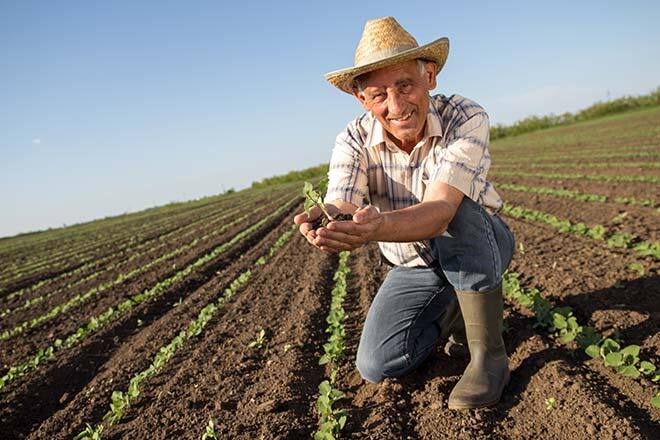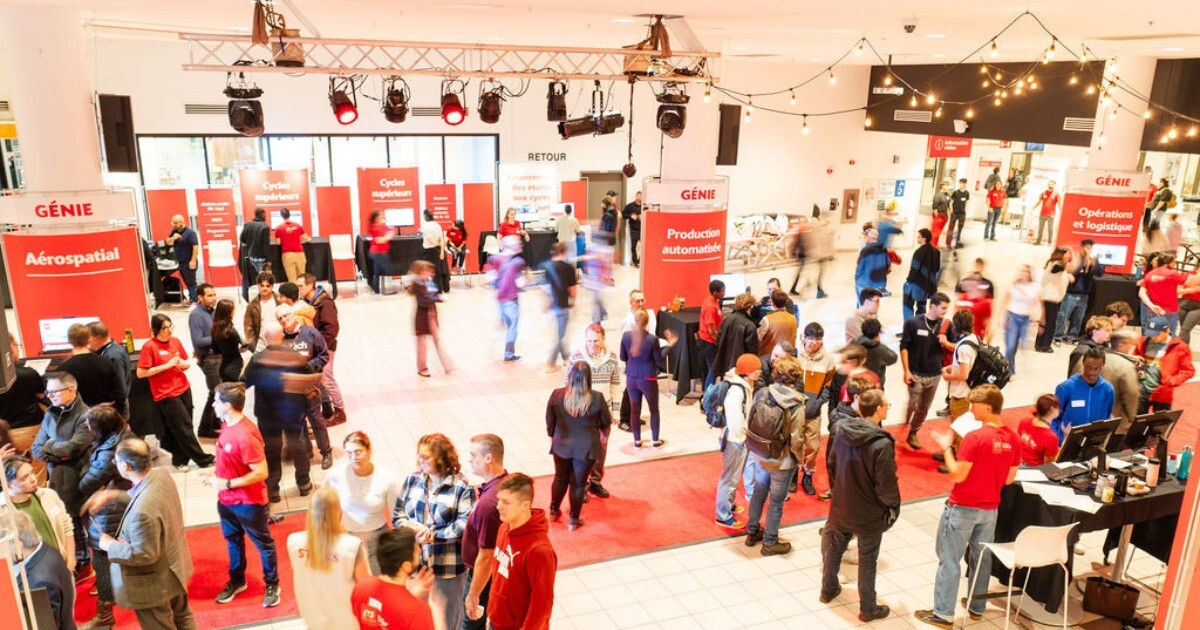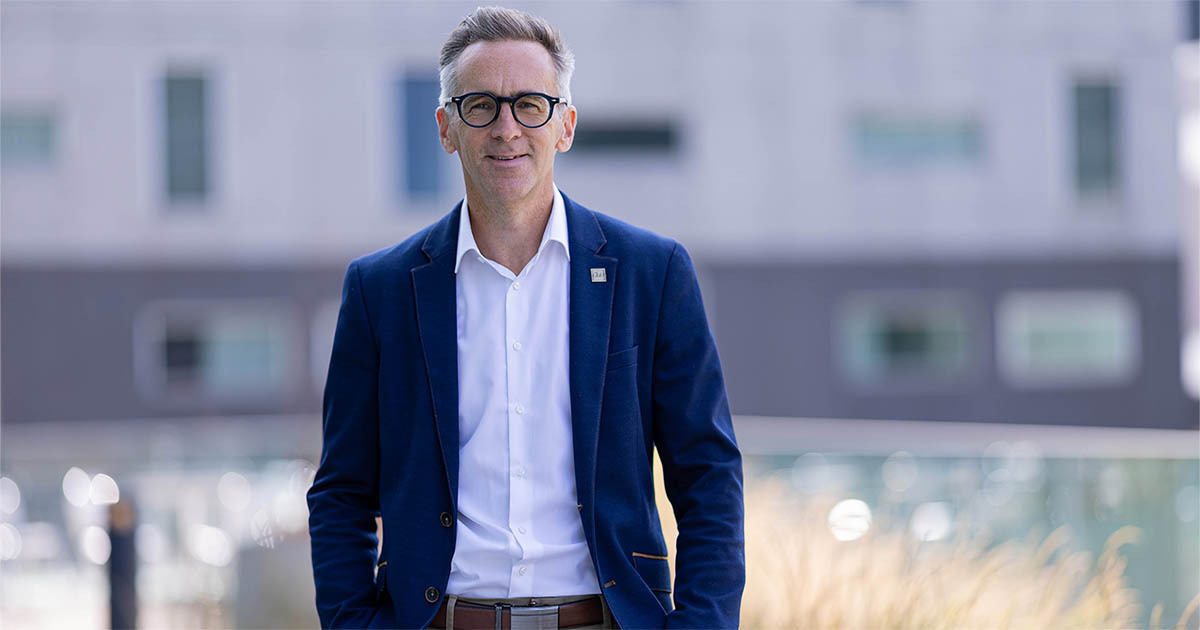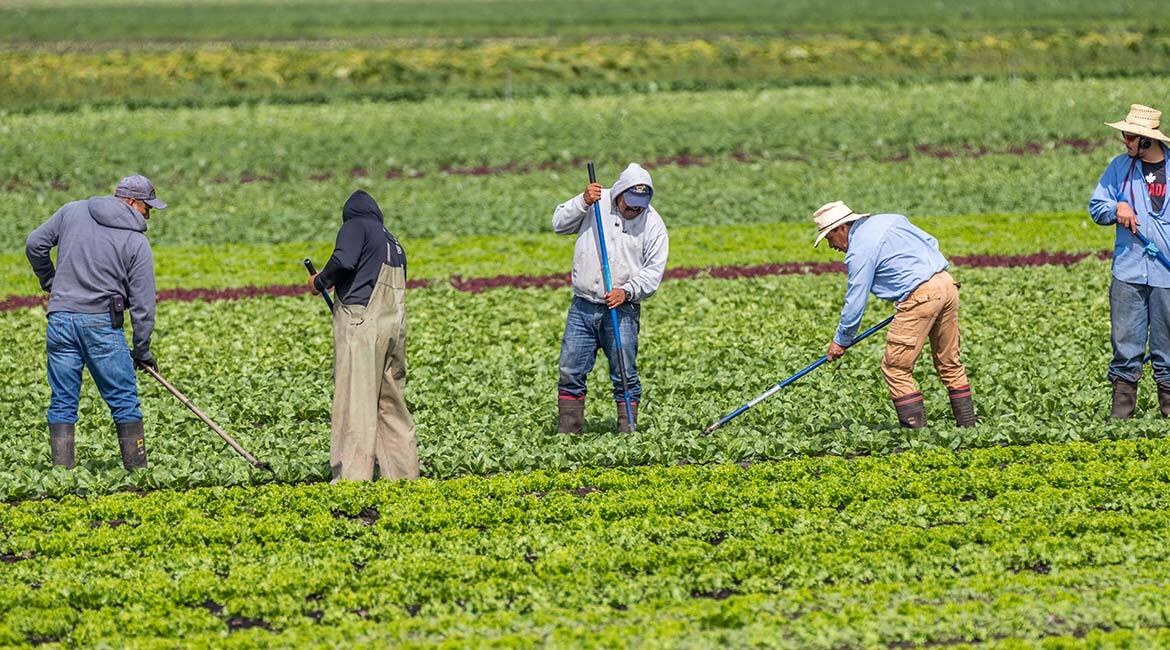
Bangkok, Seattle, San Andrés Cholula, Saskatoon, Montréal… While this winding road eventually led Ornwipa Thamsuwan to the Department of Mechanical Engineering at ÉTS, each stop built her field experience and motivated her desire to pass on to her students what she had learned. After completing a bachelor’s degree in Industrial Engineering at Chulalongkorn University in Thailand in 2008, Ornwipa earned her master’s degree in 2011 and her PhD in 2016, both in Industrial Engineering, this time at the University of Washington in Seattle.
Apple Picking Perched on a Ladder
When she began her studies in Seattle, Ornwipa had no idea that empirical research on the pervasiveness of work-related injuries would become her field of expertise. It was her supervisor, Peter W. Johnson, Professor Emeritus at the University of Washington, who paved the way. During her master’s studies, Ornwipa analyzed the level of vibrations to the body experienced by bus drivers, a major cause of back injury in this industry.
After her master’s degree, she pursued the research that led to her PhD, again under the expert supervision of Professor Johnson. This time, Ornwipa documented the ergonomic hazards associated with apple picking by farm labourers. She discovered a world she never knew existed. Falls, sprains, fractures, dislocations and back injuries are more common among farm labourers than among hospital or construction workers.
Since then, her projects have followed a consistent path: assessing the risk of musculoskeletal disorders for workers, especially in the agricultural sector, and then using the collected data to adapt tools and equipment to different types of morphologies.
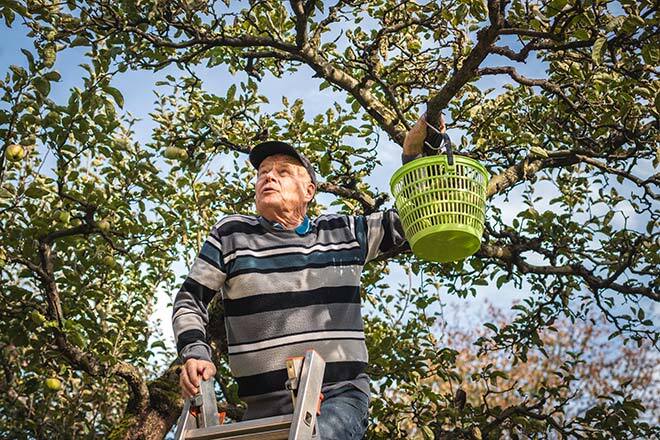
Researcher and Professor
As a child, Ornwipa wanted to become a doctor. “But I preferred math and physics to biology.” Engineering suited her better, but engineering that heals.
After her PhD, she accepted the offer from the Universidad de las Américas Puebla in San Andrés Cholula, Mexico, to become a lecturer in ergonomics, statistical inference and in experiment design. She was teaching what she learned in the field. In return, through fruitful exchanges with her students, Ornwipa improved the way she was teaching. This cultural exchange enriched Ornwipa’s background as a professor and a researcher.
Engineering for the Agricultural Industry
A position then opened at the University of Saskatchewan in Saskatoon, where Ornwipa carried out a project that was especially close to her heart: a study that had some 20 agricultural workers wearing a mechanical lumbar support, or exoskeleton. Results showed that exoskeletons reduce the load on the wearers’ lumbar spine by 48% to 65% during agricultural activities. This proved to be an interesting prospect since it reduces the risk of back injuries—numerous in this sector—and makes life easier for farmers, who can continue to work at an advanced age.
ÉTS for Teaching and Research
Ornwipa Thamsuwan is passionate about research and equally passionate about teaching. The position at ÉTS is the perfect job for her: “I like that I can balance the two: teaching and pursuing my research.”
Every teacher dreams of having motivated students. Not Ornwipa. “Intelligence of the heart, openness of mind and the courage to remain honest in their profession,” is what she wants to discover in her students. As for the motivation to learn, it is a given for both teacher and student, as learning lasts a lifetime.

In the coming years, Ornwipa would like to conduct an in-depth study on agricultural and migrant workers in Quebec. To this end, she will focus energy on raising funds to pursue field projects with students interested in this type of research.
Inclusion: At the Crux of Her Research and Teaching
“Tools, equipment, methodology… everything has been designed with the young Caucasian male in mind.” Yet migrant workers have very different body types. Not to mention that older people find themselves automatically excluded because of this way of thinking about field work. “It is the tools that must fit the people, not the other way around!”
Caring for Those Who Feed Us
This concern about equity for humans seems to guide Ornwipa Thamsuwan in her choices: to improve the daily lives of people from all walks of life who put food on our tables by bending a thousand times a day to ensure the harvest.
